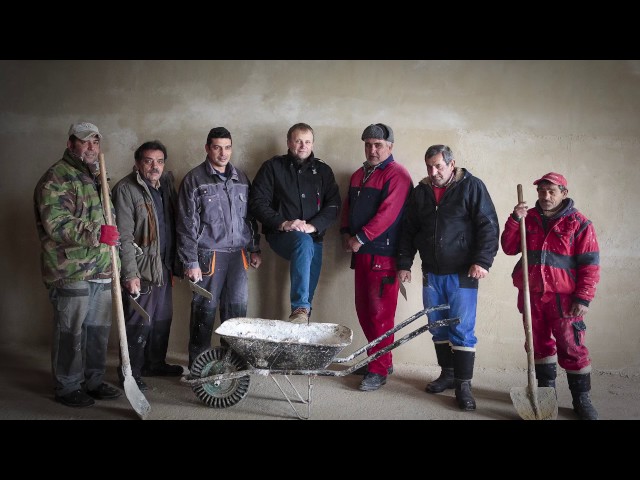Using Economic Activities to Solve Social Challenges in Roma Communities
Activities to develop employment and employability at local levels are a relatively unknown and underused approach. Methods to improve employability and employment opportunities are generally initiated on the national level and they lack the ability to respond to the specific needs that local municipalities and their citizens face.
One of the most achievable steps towards local employment development can be found in working to encourage local municipal business expansion. These municipal businesses are set up and operated by the municipality and aim to use local materials as well as employ local residents. These social enterprises use their profits to further economic activity through job creation and use their resources to address the specific social issues that face the area community; the result of these activities is a higher standard of living for all municipal residents. One of the best examples of a municipal enterprise can be found in the municipality of Spissky Hrhov, Slovakia.
The ROMACT team in Slovakia organised a unique National Training Workshop on Social Entrepreneurship in Spissky Hrhov which took place between the 14-16 June 2017. The 3-day training was attended by 17 municipal representatives from a variety of regions, community action groups from 6 ROMACT participant municipalities were also in attendance along with a representative from the Dobsina municipality (currently considering joining the programme).
The training focused on core ideas to support the added value of social enterprises for local administrations, regional administrations, and municipal residents (particularly those from the marginalised Roma and long-term unemployed Roma community). The training was led by lecturers Dr Michal Smetanka and Dr Vladimir Ledecky, Mayor of Spissky Hrhov.
The theoretical presentations and group discussions were followed by visits to the Municipal Social Enterprise in Spissky Hrhov where attendees got to experience the social enterprise model in action. Participants were given the opportunity to see first-hand the production nodeposit of stone pavements, the creation of agricultural and bakery products, the construction of wood products, the production of firewood, the tourism services on offer as well as other municipal activities at the centre. It is particularly worth noting that the municipality does not have any Roma settlements, as almost all of the Roma community members are employed, enjoying a good living standard and integrated with the wider community.
This 3-day event offered an opportunity to showcase the example to all ROMACT municipalities. The event in Spissky Hrhov was a demonstration of the potential of social enterprises, offering practical information and real examples of how to increase employment and opportunities for marginalised Roma communities

